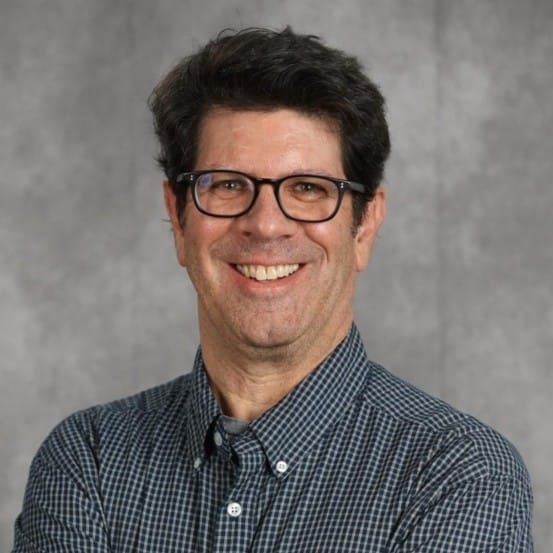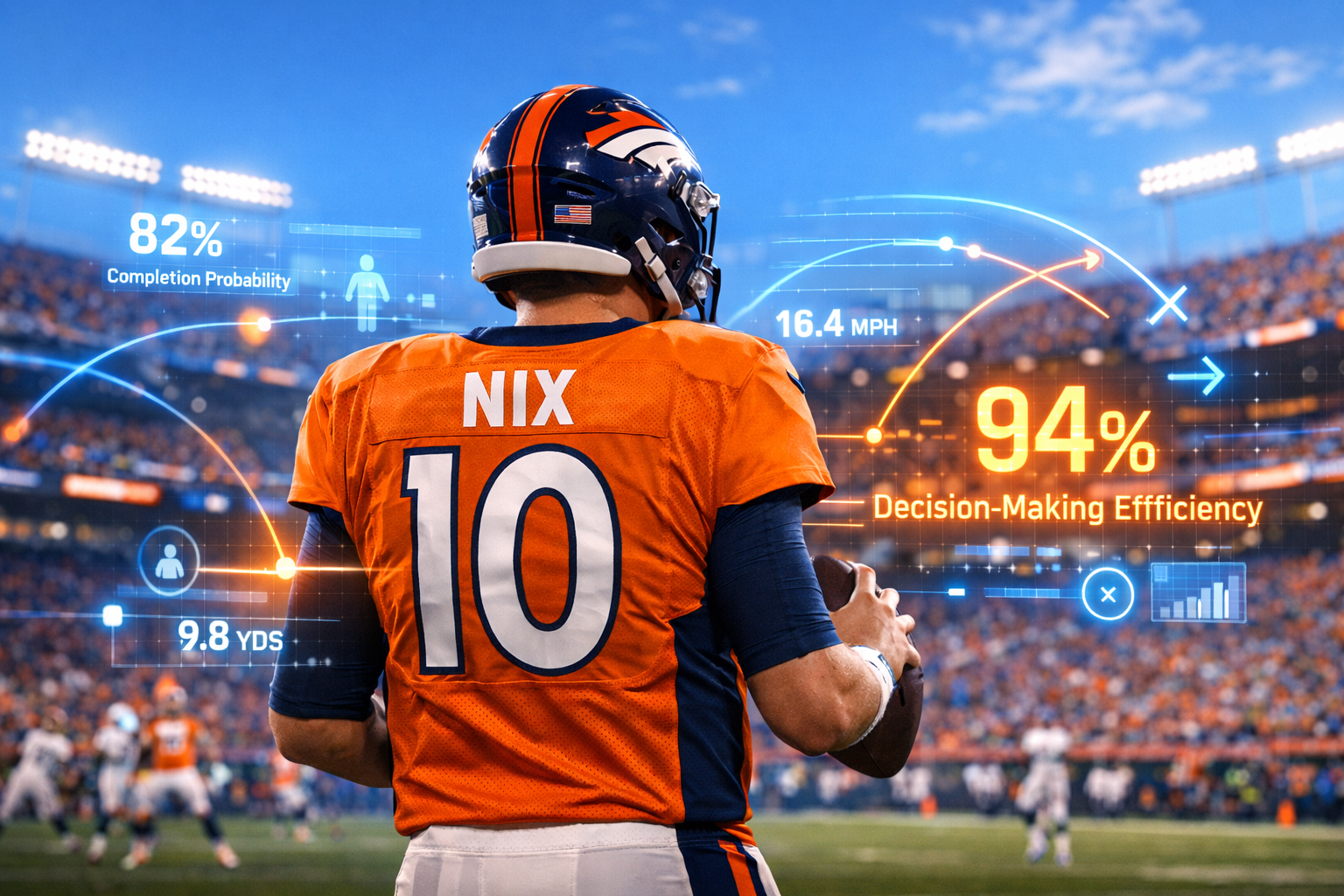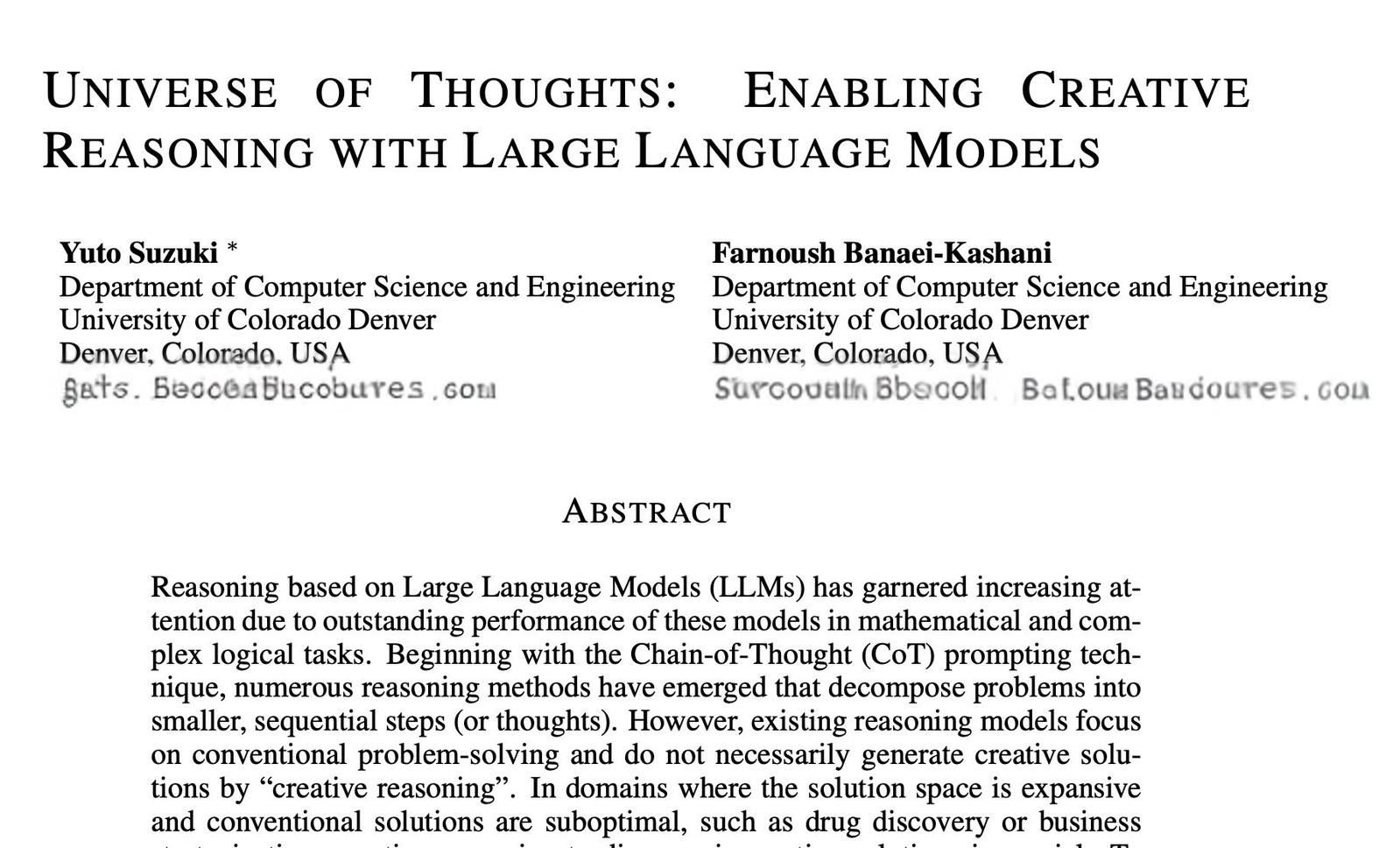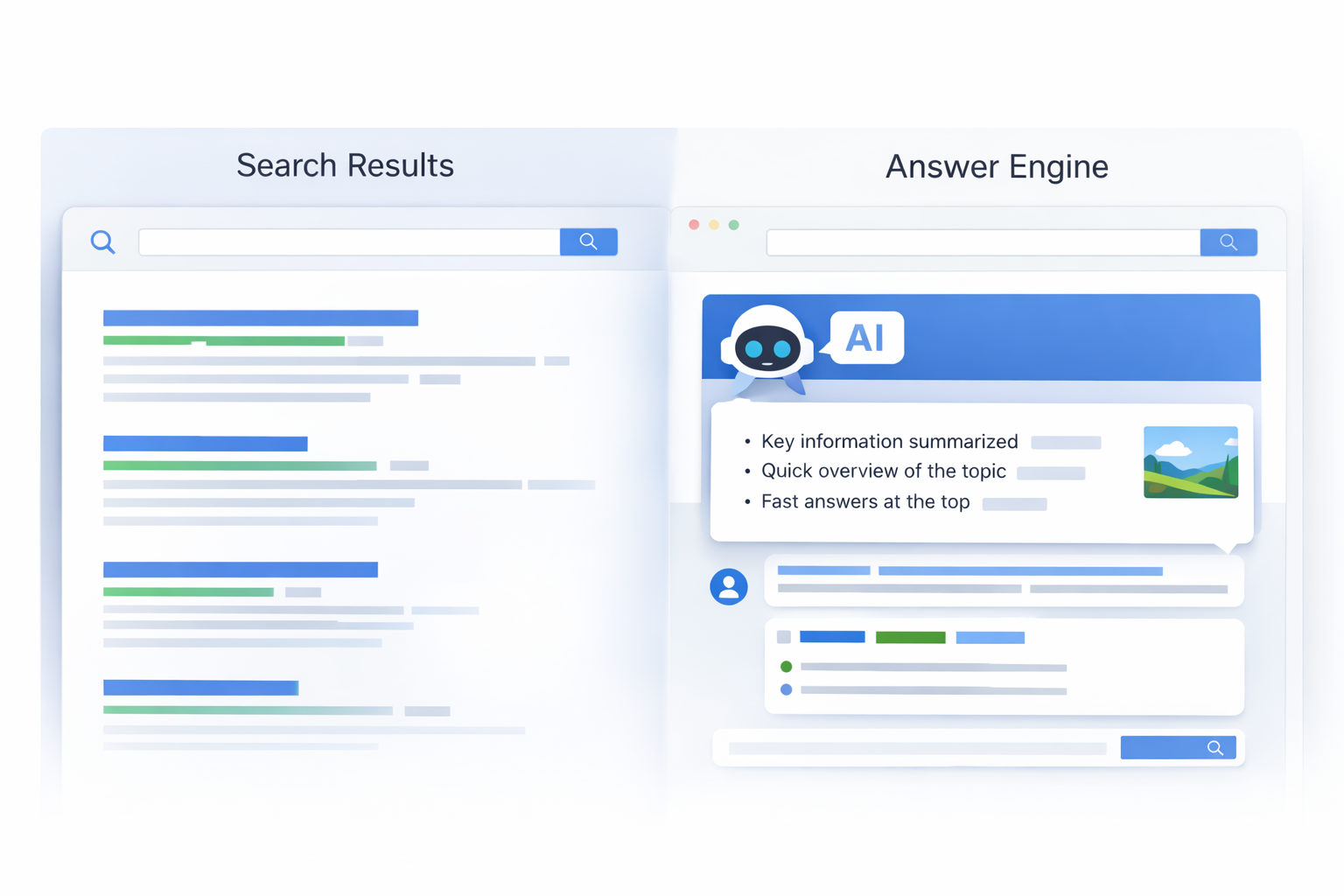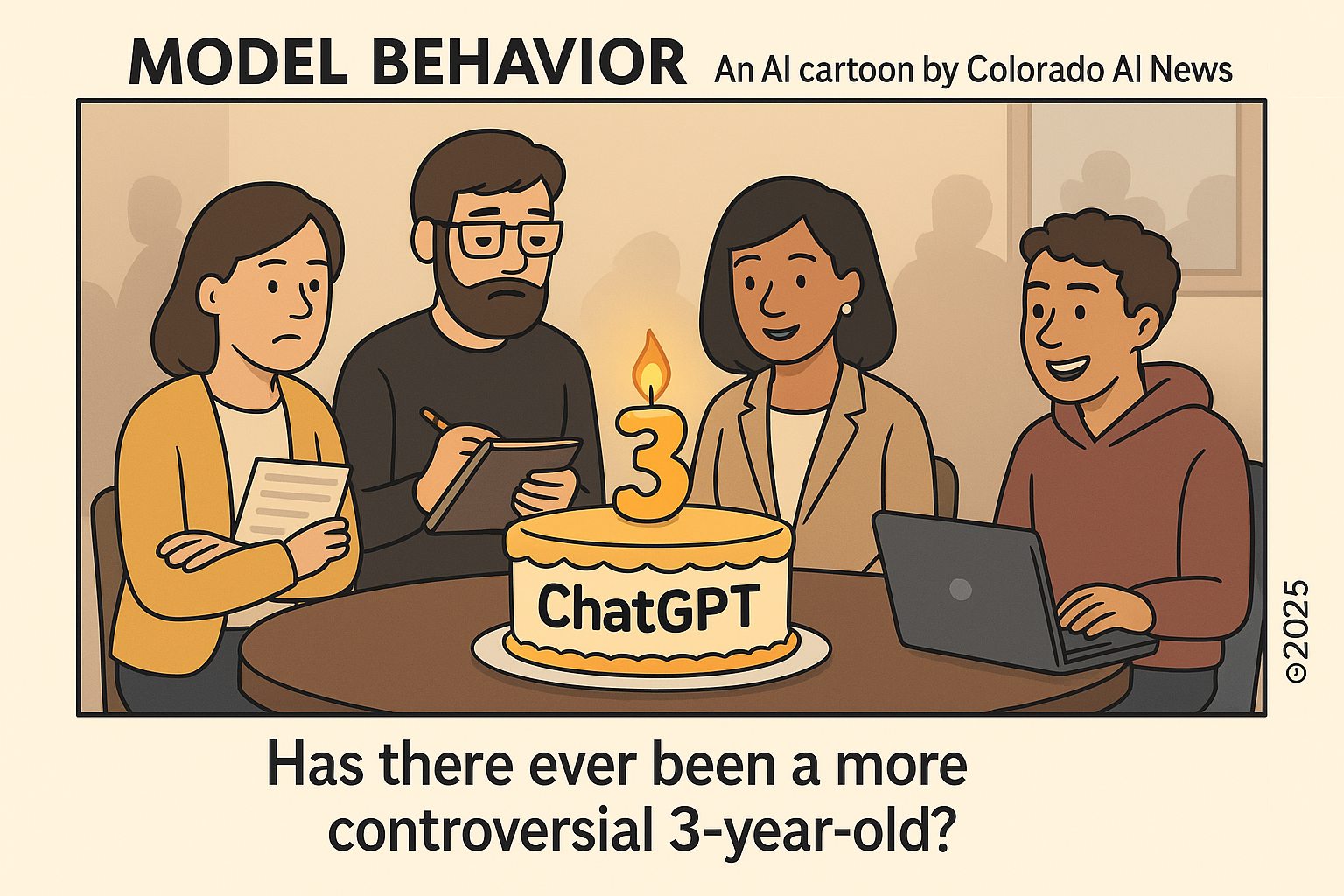In a time when artificial intelligence seems poised to redefine the workforce, renowned tech journalist and author Steven Levy delivered a powerful message to the 2025 graduating class of Temple University's College of Liberal Arts: Embrace your humanity.
Levy, an English major from Temple's Class of 1972, the editor at large for Wired, and a longtime chronicler of Silicon Valley, returned to his alma mater to address the anxieties many of this year’s graduates feel about entering a job market increasingly influenced by AI. Drawing from his own experience – he didn't touch a computer until a decade after graduation – Levy emphasized that the unique qualities cultivated through a liberal arts education remain invaluable.
“As amazing as AI might become, by definition it cannot be human, and therefore the human connection we homo sapiens forge with each other is unique – and gives us an edge,” he asserted in the Wired article that reprinted his speech (and which is well worth a full read).
Levy acknowledged the rapid advancements in AI technologies, including LLMs like ChatGPT, and the understandable concern expressed by many graduates about competing with such tools. However, he emphasized a critical distinction: AI, no matter how advanced, cannot replace the uniquely human capacities for empathy, consciousness, and authentic connection. He encouraged graduates to embrace their humanity and use AI as a tool rather than a substitute.
He continued, "The lords of AI are spending hundreds of billions of dollars to make their models think LIKE accomplished humans. You have just spent four years at Temple University learning to think AS accomplished humans. The difference is immeasurable." And then Levy brought the receipts:
This is something that even Silicon Valley understands, starting from the time Steve Jobs told me four decades ago that he wanted to marry computers and the liberal arts. I once wrote a history of Google. Originally, its cofounder Larry Page resisted hiring anyone who did not have a computer science degree. But the company came to realize that it was losing out on talent it needed for communications, business strategy, management, marketing, and internal culture. Some of those liberal arts grads it then hired became among the company’s most valuable employees.
The Value of Liberal Arts in the AI Era
Levy’s message resonates far beyond the graduation stage. In the tech industry, there’s growing recognition of the importance of human-centric skills. For instance, Barthélémy Kiss, co-founder and CEO of the AI company Powder, discussed in Business Insider why his teams intentionally include liberal arts graduates:
Working on this startup, I've learned that people with a liberal arts background have a major edge in our industry. The liberal arts grads we've hired have a creative, human-centric approach to understanding the best applications of AI in their respective fields. They have a hunger for constant education and a desire for self-improvement, which is essential in this space. At a core level, liberal arts disciplines hone critical thinking. We need critical thinkers to challenge the results of AI. Models can hallucinate, so you need to be able to cross-reference data.
Similarly, the founder of Chinese AI lab DeepSeek, Liang Wenfeng, has emphasized in numerous interviews the value of humanities backgrounds.
In 2023, Liang explained his approach. “When aiming for rapid results, it makes sense to hire those who already possess the necessary expertise,” he said. “However, for long-term ambitions, experience holds less significance. Core competencies, an inventive mindset, and an unwavering passion for the work are attributes I value above all else.”
Challenging the standard industry thinking – yet again – DeepSeek actively hires those with a background in the humanities. Liang argues that critical thinkers with a deep understanding of human behavior and culture contribute valuable insights to AI development:
Bringing in individuals with academic grounding in the humanities infuses the team with diverse perspectives that enrich the creative process. Each employee carries a unique set of experiences and insights that contribute to a collaborative and dynamic work environment.
Striking, isn’t it? And this is coming from DeepSeek, which may be one of the most innovative AI companies found anywhere.
As AI automates routine tasks, the demand for skills that machines can’t truly replicate – such as empathy, ethical reasoning, and cultural understanding – is on the rise. The liberal arts, far from obsolete, may be just what AI needs to stay human-centered.
A Call to Embrace What Makes Us Human
Back at Temple University, Levy concluded his speech with a powerful affirmation: “I. Am. Human.”
It was more than a mic drop – it was a challenge. In an age dominated by automation and optimization, it’s easy to forget what makes us irreplaceable. For new graduates and seasoned professionals alike, Levy offered a rare combination of realism and hope.
“AI may alter the labor landscape,” he said, “but it cannot replace the authenticity and emotional resonance of human-created art, communication, and ideas.”
So, while the tools may evolve, the human O.S.– consisting of curiosity, creativity, and compassion – remains not just useful, but essential.
Perhaps you’ve heard the phrase, “Always try to have a non-engineer in the room”? This makes a lot of sense when designing new product features. Why? Because someone always needs to ask, “How will this feel to the user?” or “What happens when this goes wrong?” or even, “Wait – does this make any sense at all?”
As AI tools get more powerful, they also get more opaque – and more capable of unintended consequences. Training a model is a technical challenge. Understanding how it will be interpreted, misused, or misunderstood by a human audience is something else entirely.
That’s where storytellers, ethicists, teachers, and even anthropologists come in. Not as charitable inclusions, but as core contributors to the process.
For Graduates – and Mid-Career Professionals, Too
Levy’s speech wasn’t just for 22-year-olds in graduation gowns. It was also for anyone mid-career who’s concerned about being edged out by the pace of AI. The anxiety is real. But one thing is worth remembering: You are not obsolete just because ChatGPT can answer trivia questions faster than you.
What AI still can’t do is lead a team, resolve conflict, raise ethical concerns in a boardroom, or see the need for an op-ed that changes how someone thinks about the world.
These things require human nuance. They require judgment. They require lived experience. They are, in short, the things people in mid-career have spent a lifetime developing – and which no algorithm can replicate.
And as AI continues to evolve, there’s growing demand for people who can help explain it, shape it, and build the trust that will determine whether the public actually accepts it.
Put simply: If you’ve spent years thinking about what it means to be human, your skills are not outdated. They’re overdue for recognition.
Becoming a Renaissance Professional in the AI Era
Embracing the intersection of technology and the humanities shouldn't be just a passive acknowledgment – it needs to be an active pursuit. In today’s rapidly evolving landscape, becoming a Renaissance Professional means deliberately cultivating a diverse skill set that bridges technical proficiency with humanistic insight.
I hear increasing discussion of “interdisciplinary thinkers.” Note that these aren’t always unicorns who’ve mastered both Python and Plato, but people who can connect dots across domains, ask meaningful questions, and frame technology in a human context.
That might mean someone who understands both economics and AI ethics, or someone who can take a technical white paper and turn it into something a client – or a policymaker – can actually use. Maybe this isn’t as much “pairing the poets with the programmers” as it is seeking poetic and programming skills in the same person?
This journey isn’t without its challenges. For many, it requires stepping out of comfort zones—engineers exploring ethics and philosophy, and liberal arts grads acquiring a basic fluency in coding, statistics, or prompt engineering. It means finding comfort in discomfort, in being a translator between people and systems.
But the payoff? A unique ability to navigate complex problems with both analytical rigor and empathetic understanding. In an era where AI can process data but lacks consciousness, professionals who can interpret, contextualize, and ethically apply technological tools are indispensable.
As Levy implies, the fusion of human creativity and machine capability isn’t just a luxury. It’s the only way forward.
Don’t Be a Pollyanna. Being Human Means Being a Critical Thinker.
Of course, none of this is to say the path forward will be easy. Levy didn’t offer a fantasy of guaranteed employment or a utopia where everyone has a humanities degree and a six-figure job. But he did something more valuable: he told the truth, with a note of defiant optimism.
“I. Am. Human.”
That was how he ended his speech. Not with a tech prediction or a résumé tip, but with a statement of identity.
In this age of artificial intelligence, it’s easy to forget what’s not artificial. Things like connection and meaning. Responsibility and accountability. Imagination and love.
These aren’t buzzwords. They’re the operating system of human progress.
So, to the Class of 2025 – and to everyone else wondering what their role is in the age of machines – Levy’s message rings clear: Being human is not a disadvantage.
Be human.

